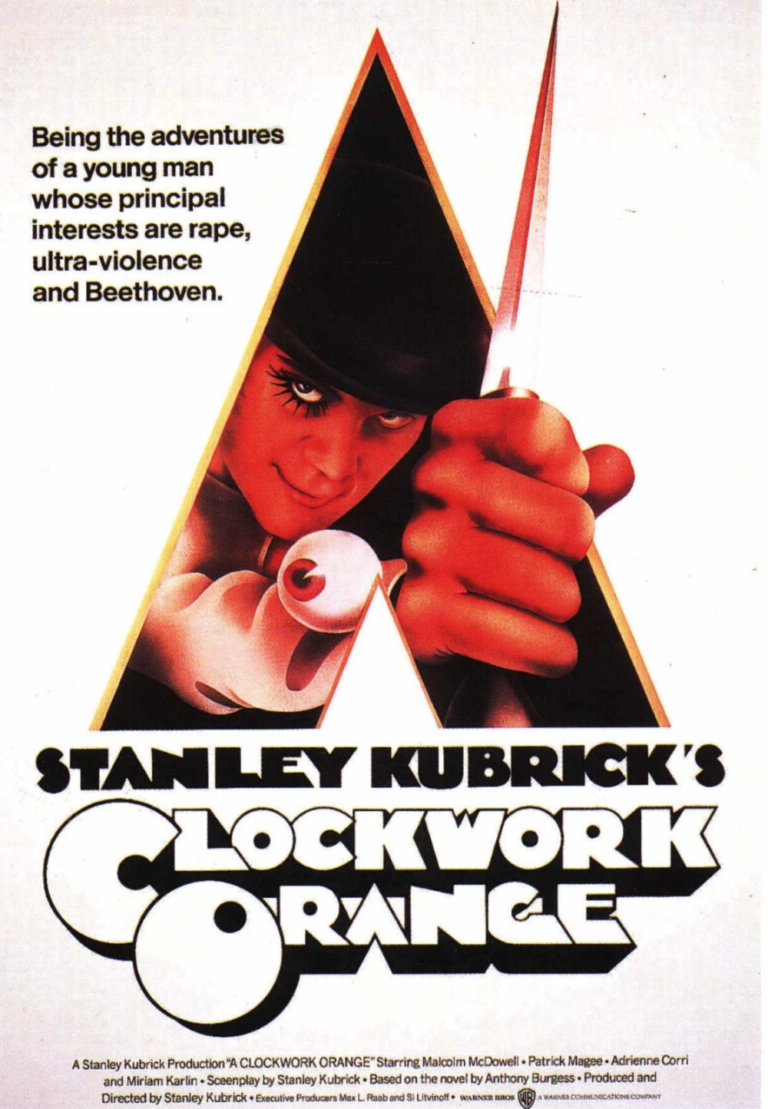
THE AFTERMATH
Starring: Keira Knightley, Jason Clarke
Directed by: James Kent
Rated: Rated R
Running Time: 1 hour 48 minutes
Fox Searchlight
I can still vividly recall the first art-house film I reviewed professionally – the 2000 British drama/comedy “Topsy-Turvy” at the Tivoli Cinemas in the Westport area of Kansas City, MO. Sadly, the Tivoli, an arthouse institution in our fair city for nearly 40 years, has permanently closed its doors. So, it was poetic that the last film I reviewed there would be another period British drama, “The Aftermath.” While it has its share of flaws, “The Aftermath” proved to be a decent swan song before the proverbial final curtain came down at the Tivoli.
Directed by James Kent (“Testament of Youth”) and based upon the 2013 novel of the same name by Welsh author Rhidian Brook, “The Aftermath” is set in Germany just months after the end of World War II. With the ruins of Hamburg as a backdrop, where an estimated 40,000 civilians died in a firestorm created by ten days of heavy Allied bombardment, Rachael Morgan (Keira Knightley) arrives at a train station to meet her husband, British Colonel Lewis Morgan (Jason Clarke). It’s a subdued meeting at best and we can instantly tell that something is amiss between the two.
Colonel Morgan has been assigned to command British forces in Hamburg who are tasked with keeping the peace and helping to rebuild the city. Similar to how the British Empire forced American colonists to house their soldiers, Colonel Morgan and Rachael commandeer the home of widower Stephen Lubert (Alexander Skarsgrd), a former German architect with no love lost for the defeated Nazis. However, the British see all Germans as the enemy just as much as Stephen’s teenage daughter sees all Brits as villains. Colonel Morgan, much to the dismay of Rachael, invites the Luberts to remain in the upper story of their home to avoid sending them to a tent camp in the middle of winter.
Rachael is desperate to have her husband again, but he remains mostly stoic despite the pain he carries with him. In addition to his emotional distance, Colonel Morgan is often called away to deal with Germans protesting over how little there is to eat and increasing guerrilla warfare violence carried by the SS’s, young Germans still devoted to Hitler’s cause. Increasingly starved for affection, the two wounded souls belonging to Rachael and Stephen become drawn to one another despite their differences. The question then becomes can Colonel Morgan save his marriage before Rachael runs away with Stephen.
In a partially successful effort to create suspense, and to give Colonel Morgan something to do besides having awkward conversations with Rachael, the script presents the aforementioned side story of young German men, presumably former members of the Hitler Youth, brandishing the number 88 burned into their arms. “The Aftermath” never goes too in-depth about it, but these 88s are an allusion to a real-life military organization the Nazi hierarchy tried to create towards the end of World War II with a program called “Werewolf.” While the goal was for trained soldiers to commit acts of sabotage behind Allied lines during the war, and to keep up the fight even after it was over, the Werewolf never amounted to anything more than just a lot of propaganda. The members of Werewolf were improperly supplied and more importantly, had little stomach to continue fighting once Nazi Germany had officially surrendered.
The dramatic presentation of the SS in “The Aftermath” murdering British soldiers in a last-ditch effort of defiance is a fallacy. While films do sometimes have to take dramatic license to make a story more entertaining for the masses, the mis-telling of history often leads to misperceptions of actual events and therefore can cause ignorance on a broad scale. I would make the argument that filmmakers who choose to play fast and loose with historical facts in order to liven up a story should state at the end of their creation that what the audience has seen is historical fiction. At least it would be more honest than giving lip service that it has been “inspired by/based upon true events.”
The overall performances are entertaining and there is solid chemistry between Knightley and Clarke. The latter delivers the most powerful scenes of the film playing a man sick of death and destruction. Kent’s pacing is a little choppy at times, but it all leads to a conclusion the audience can savor. “The Aftermath” deserves praise for at least exploring a time frame rarely done before as war movies are usually all about blood, guns and guts. For a refreshing change, we get a tale involving what happens in the aftermath.
Thank you, Tivoli Cinemas. It was a pleasure seeing art-house films there for the past 18+ years. Hopefully the aftermath of your ending won’t be as despairing.


